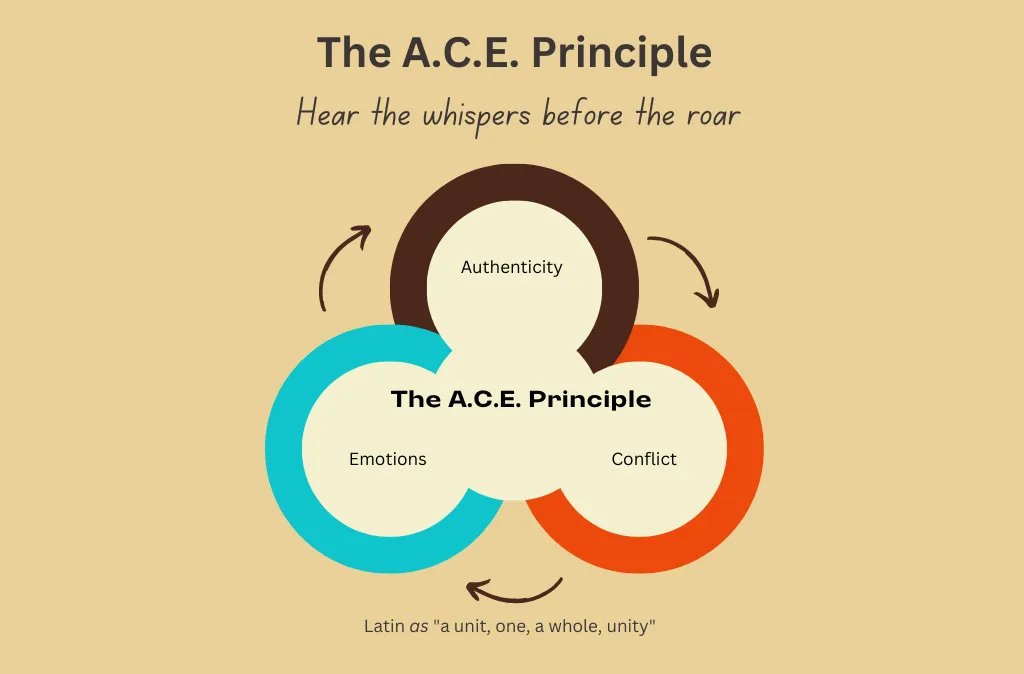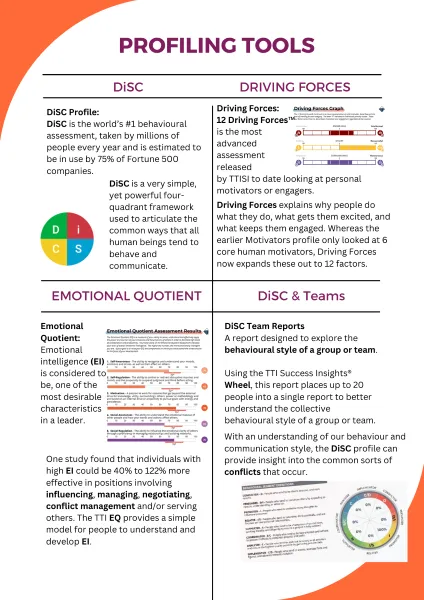The A.C.E. Principle
"Coming together is a beginning. Keeping together is progress. Working together is success." – Henry Ford, founder of Ford Motor Company

So what is the A.C.E. Principle?
The A.C.E. Principle was developed as a tool to better manage conflict at the workplace and especially within teams. It provides teams with a workable output which they develop throughout the Masterclass and utilise moving forward as a guiding principle or modus operandi for their team moving forward.
We all come from cultures where the norms are different to where we now live and work. When we remain authentic to ourselves instead of leaving a part of ourselves at the door we live our best life: professionally and personally. When we are not living an authentic life, conflicts arise. When conflicts arise, we become emotional and hence, the need to manage the conflict.
Authenticity
Authenticity means having the quality of being real or true.
Culture, whether organisational, societal, family, country, community etc. can separate people and bring about conflicts. Personality plays a big role on how one behaves within a certain culture. Being authentic means having the courage to let our personality and culture thrive wherever we find ourselves.
The A.C.E. Principles uses DiSC, Driving Forces & Emotional Intelligence profiling to assist individuals to show up exactly as they mean to and to understand why they behave the way they do, what drives them and how to use their emotional intelligence to have effective communication. When we are aware of our profile and others within a team, we can adapt our approach to ensure we are communicating in a way that resonates with the other. In doing so, we build stronger relationships, reduce conflict, and improve collaboration.

Conflict
Conflict happens when a person has a need of another and this need is not met.
When a need is not met, we feel a range of emotions which can discomfort, disappointment, sadden, frustrate, anger etc. us. Through a greater understanding of our behaviour, our motivations and our triggers, we are better informed on how to communicate and more importantly how not to communicate. By understanding our triggers and our motivations, we are better placed to respond and not react to conflicts.
Conflict cannot be ignored. What matters is how we manage the conflict.
Emotional Intelligence (E.Q.)
Emotional Intelligence (E.Q.) is awareness, understanding and managing our emotions and others'. Emotions are complex.
Emotions are neither right nor wrong, it is how we act based on that emotion that will define us. We feel emotions through our thoughts, our body and mind. Emotions are also influenced by culture, family, organisation and community. To add to the complexity, we may feel more than one emotion at a time which are contradictory. This can add to a situation of conflict.
While a well developed E.Q. is not the only indicator of success, it is extremely valuable. Intelligence, talent and skills are highly important, however, how well we communicate and get on with our clients, superiors and peers are all too important. That requires an active E.Q.
Image

Email: [email protected]
Phone: 0416 407 367

LinkedIn